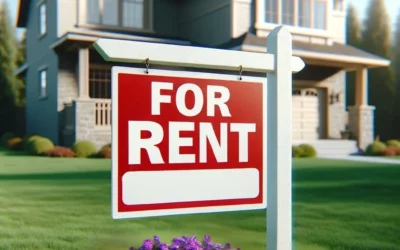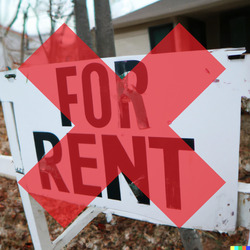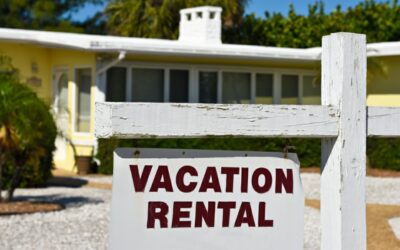In a notable decision issued on October 10, 2024, the Michigan Court of Appeals in Neuman v Long Lake Shores Ass’n, No 368648 (Mich Ct App Oct 10, 2024) upheld a trial court ruling in favor of MAGWV’s association client in a contractual dispute brought by a group of...
Bylaws
Court of Appeals Decision Recognizes Swim Spas as Swimming Pools: A Victory for Community Association Law
MAGWV has successfully argued that an above ground “swim spa” constitutes an above ground “swimming pool” and is therefore prohibited when an association’s governing documents prohibit above ground swimming pools. In Hills of Oakland Subdivision Association v....
Untenable Tenants! How to Address Problem Renters in Your Condominium
Tenants in condominium communities are often viewed as challenging, since they may not be familiar with condominium living. Because of this lack of experience, tenants may interfere with management, refuse to maintain the decorum required by the bylaws, or damage...
Mastering Condo Maintenance: Why Legal Guidance is Key for Crafting a Responsibility Matrix
A responsibility matrix is a summary of association and co-owner responsibilities for maintenance, repair, and replacement of the condominium common elements and units. Because condominium master deeds, even when clearly drafted, can be complicated and often...
Short-Term Lessors Lose Another Appeal
The Michigan Court of Appeals recently issued an opinion in Apache Hills Property Owners Association, Inc. v Sears Nichols Cottages, LLC (Docket No. 360554) which reconfirms how to interpret leasing and use restrictions. This case involved a dispute over the...
To Keep or Not to Keep: Navigating the Legal and Social Challenges of Backyard Chickens in Michigan Condominiums
Keeping backyard chickens has become increasingly popular over the years as more and more people seek to live a sustainable and self-sufficient lifestyle. But is it legal for Michigan community association residents to keep chickens in the backyard of their...
Be Aware of Potential Disparate Impact Discrimination Claims in Your Association
In community association administration, disparate impact claims can arise when a seemingly neutral policy or practice has a disproportionate negative impact on a group protected by fair housing laws. For example, communities occasionally ask us whether they can...
4 Reasons Your Michigan Condominium or Subdivision Association Should Update Its Governing Documents
Governing documents for Michigan community associations serve several functions. The foremost of these functions is to inform members and prospective members of the respective rights and obligations of membership in the association relative to the upkeep of the...
Preventing Mold and Water Damage in Your Condominium Association: Proactive Steps for Managers and Boards
From frozen pipes, broken appliance supply lines, to roof leaks and leaking drain pans, in townhome and attached condominiums, these and other sources of water intrusion can quickly wreak havoc for owners and the association if not handled properly and quickly....
Michigan Court Holds Short-Term Rentals Not “Residential Use”
As renting residential property in Michigan via websites has grown in popularity, so too have complaints from neighbors living in deed restricted communities. While these short-term rental opportunities may benefit the individual lot owners, they can represent a...
Can you Foreclose on Just Unpaid Fines? The Michigan Court of Appeals Renders a Decision
In a unanimous but problematic decision issued on February 25, 2021 in Channel View East Condominium Association, Inc. v Ferguson (Docket No. 351888), a panel of the Michigan Court of Appeals held that a condominium association did not have authority to foreclose its...
Do You Have a Responsibility Matrix And Is It Up To Date?
Boards and managers are always looking for ways to make the administration of their condominiums more efficient. Having to sort through the Master Deed (and multiple amendments too!) to figure out whether the association or co-owner is responsible for a certain common...












